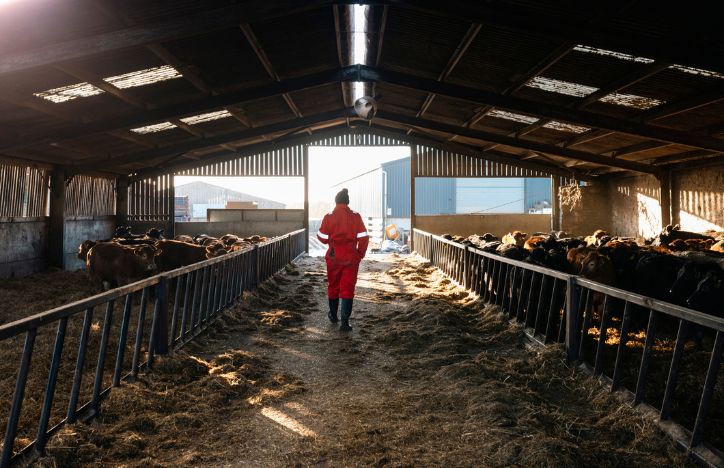Disputes can arise after a person's death if a will does not reflect a promise made by the deceased before there death – such as a promise to transfer land or property. It may be possible to enforce a promise that is not subsequently fulfilled in a will.
A proprietary estoppel claim could arise where, for example, a father promises to his son that he will give him the family farm and, relying on that promise, the son works on the farm for many years on a low wage. If the father does not subsequently transfer the farm to his son, his son could have an estoppel claim against his father (or his father’s estate).
Constructive trust claims
A person may have a constructive trust claim on the basis that he or she has an ownership interest in a property. These claims are governed by the Trust of Land and Appointment of Trustees Act 1996. To establish a claim under a constructive trust you need to show that there was an agreement or an arrangement to grant ownership and establish:
- A common intention
- Detrimental reliance
- Unconscionable denial of rights
For example, if John owns a home in which he and his partner Jennifer live together, and Jennifer contributes to the monthly mortgage repayments and spends a significant amount of money on renovating the property, Jennifer may have an interest in the property in "equity" because of her contributions.
Resulting trust claims
A resulting trust arises where property is held by one person legally, but as a matter of fact it belongs to another. For example, if a property is purchased in John's name, but Jennifer provided the monies to fund the purchase, Jennifer is the beneficial owner of the property, and a resulting trust would arise.












